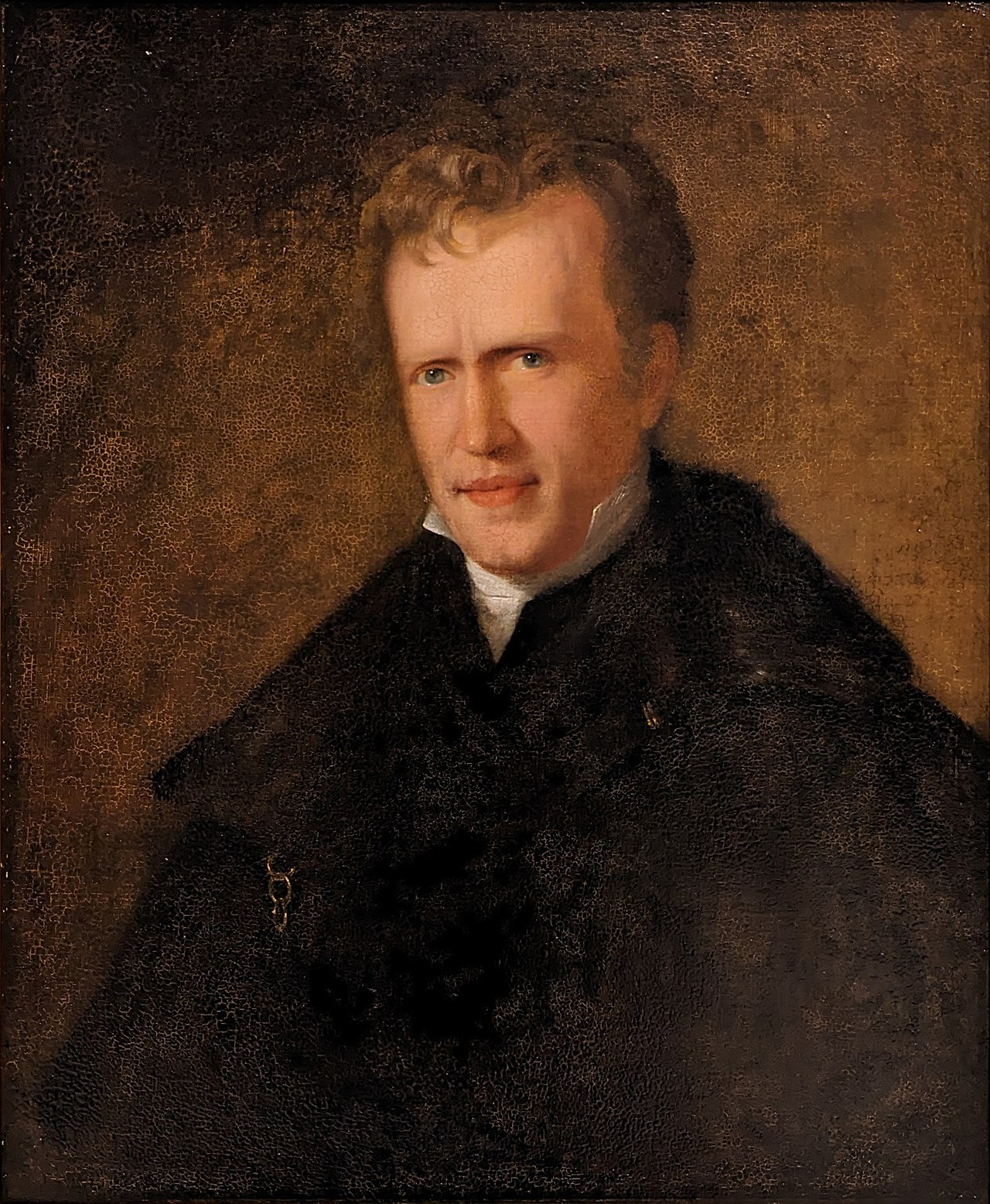John Neal (1793–1876) was a unique figure in American literature and culture, serving as a novelist, poet, editor, lecturer, lawyer, and advocate for women's rights and American art criticism.
John Neal (1793–1876) was a unique figure in American literature and culture, serving as a novelist, poet, editor, lecturer, lawyer, and advocate for women's rights and American art criticism. His multifaceted career and intellectual pursuits spanned a wide array of interests, touching upon themes of identity, American nationalism, and the advocacy for the recognition and rights of women and artists. Neal was ahead of his time in many respects, advocating for ideas and reforms that wouldn't gain widespread acceptance until years after his death.
One of his most profound contributions was to American literature and art criticism, where he championed the idea of a distinctly American voice and identity, separate from European influences. Neal argued for the value and recognition of American art and literature, emphasizing the importance of creating works that reflected the unique character and experience of the American people. This push for a nationalistic approach to art and literature laid the groundwork for the American Renaissance and the development of a truly American literary tradition.
In addition to his contributions to art and literature, Neal was a vocal advocate for women's rights. He was one of the first American men to publicly argue for gender equality, advocating for women's suffrage, education, and the right to own property. His progressive views on gender and his active support for women's rights were remarkable for his time and contributed to the early stages of the feminist movement in the United States.
Neal's thoughts and works were characterized by a deep engagement with the social and cultural issues of his time. He was a thinker deeply concerned with the identity and future of the American nation, as well as the rights and recognition of individuals within it. His legacy is a testament to the power of thought and advocacy in shaping the discourse and direction of a country. Despite the breadth of his interests and contributions, Neal remains a relatively obscure figure in American history, his forward-thinking ideas awaiting rediscovery by contemporary audiences.


